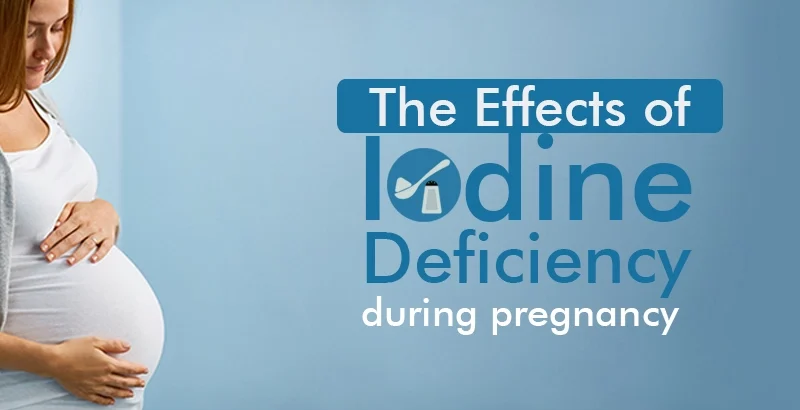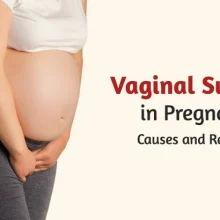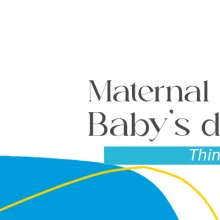The Effects of Iodine Deficiency in Pregnancy

Amidst all the vital nutrients during pregnancy, getting iodine in adequate amounts from your food is essential. Why? What is the importance of iodine in pregnancy?
Iodine helps in the production of maternal thyroid hormones. The thyroid hormones regulate body temperature. It keeps the body energised. It helps in controlling the heart rate and body metabolism.
Since the baby inside solely depends on you for food, nutrition, and oxygen (through the placenta and the umbilical cord (cord blood)) there is an increased demand (50% increase) for iodine during pregnancy. Iodine ensures the baby’s healthy development inside the womb and the production of normal thyroid function in the baby-to-be.
According to the World Health Organisation (WHO), a pregnant woman’s daily iodine requirement should be 250 µg/day. Anything less than that can make you and the baby inside iodine-deficient.
What Happens When Iodine Deficiency Occurs During Pregnancy?
Research shows pregnant women in 23 out of 34 countries suffer from iodine deficiency. Pregnancy loss or miscarriage at an early stage of pregnancy may be one of the consequences.
You may also give birth prematurely or have a small baby. Above all, maternal iodine deficiency can cause hypothyroidism (underactive thyroid).
Being mild to moderately deficient in iodine during pregnancy may not positively impact the baby-to-be. How?
Inadequate iodine intake during pregnancy would mean inappropriate thyroid hormone production in the baby-to-be. This would further result in birth defects and neurobehavioural developmental delays in babies after birth. Your child may suffer from mild to serious mental developmental problems. They may also struggle to read, write, or have clear verbal communication.
How Will You Know That You’re Iodine Deficient?
When you visit the healthcare practitioner, he or she will take you through a urine test to check the iodine levels in your body along with the other essentials. When iodine levels are lower, signs may include:
- The thyroid gland near the neck is swollen.
- You’re feeling weak in the muscles.
- You’ll catch a cold easily.
What is the Treatment For Iodine Deficiency?
You will need at least 220 mcg of iodine daily, along with the other pregnancy nutritious intake. The best way to treat iodine deficiency is to consume iodine-rich foods such as milk products, vegetables, and hard-boiled eggs. When you prepare your meal or snack, add iodised salt to it.
Can You Have Prenatal Iodine Supplements?
Oh, yes! You can. Along with iodine-rich food, you need to add prenatal vitamins and iodine supplements to your food. Iodine supplementation can help you in several ways in pregnancy. Effective iodine supplements will help normalise the thyroid hormonal functions in pregnancy and the baby after birth. Additionally, you can expect your newborn baby to be intelligent and gain overall development.
Have you started taking iodine yet?


